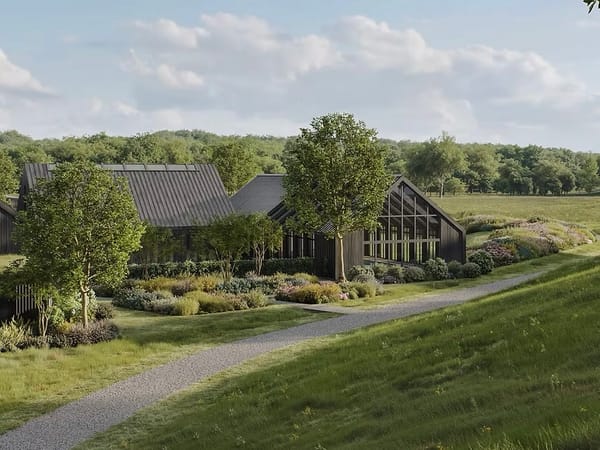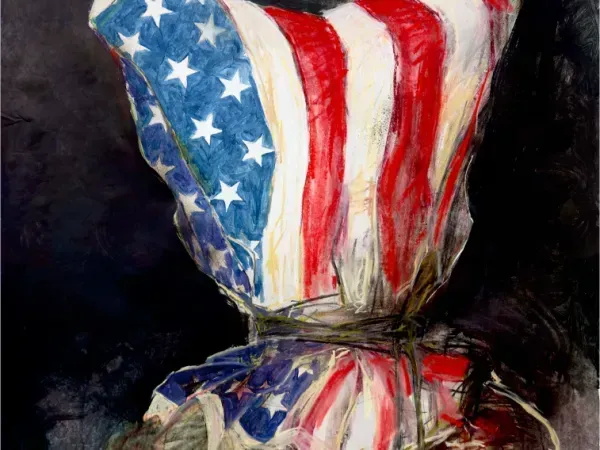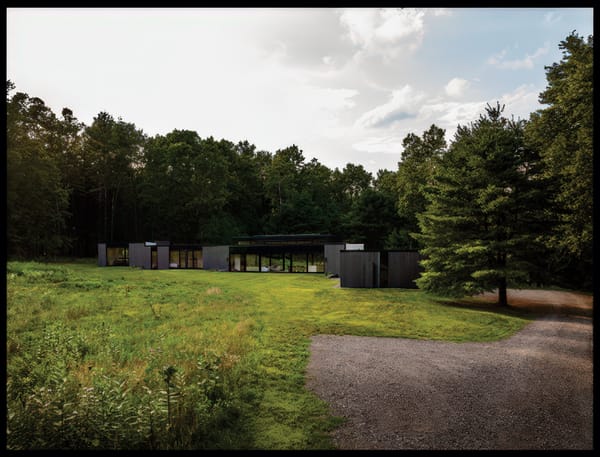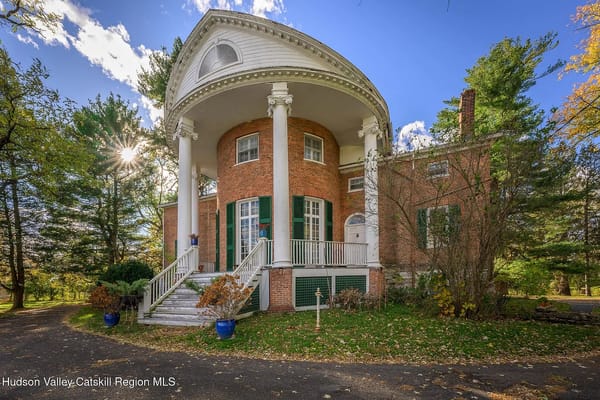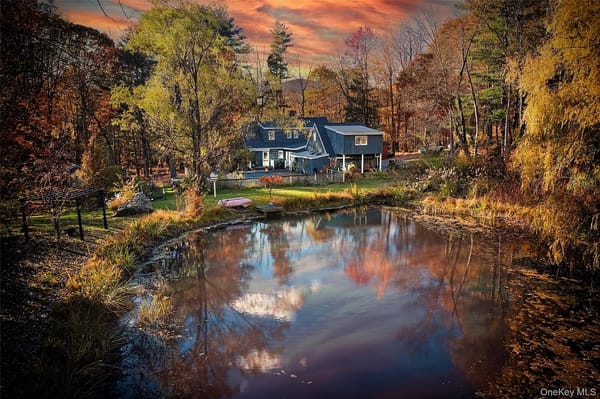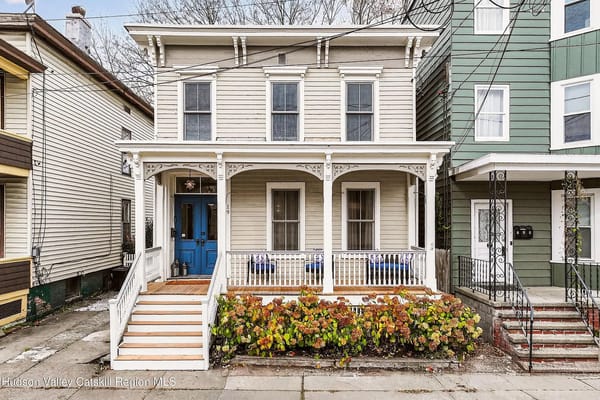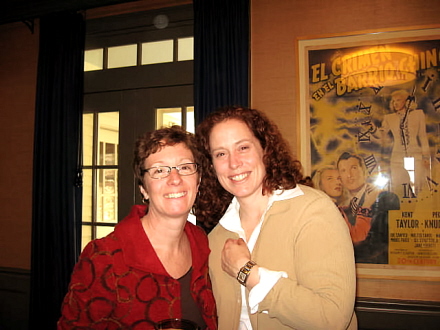
Concerned Chatham citizens met at the Spencertown home of John and Paige Orloff (our recipe maven) on Saturday, March 21, to discuss the future of the town's 83-year-old Crandell Theatre, the only movie house in Columbia County outside the city of Hudson. Chatham Film Club board member Sandi Knakal (in red at left, with hostess Orloff) told the gathering that Crandell owner Tony Quirino, who followed his father in a business that has been in their family since 1960, is ready to retire. The Club has a long history with the Crandell. For over a decade, the theater has been the site of its monthly Sunday-afternoon screenings, as well as the principal venue for festival FilmColumbia, which this October 22 - 25 celebrates its 10th anniversary. (In an era of proliferating small-town film festivals, FilmColumbia has distinguished itself as among the best.) But now Quirino and the Film Club face a mutual dilemma: a one-screen movie palace (534 seats) is no longer a viable business, and upper Columbia County is insufficiently populace to support a multi-plex. The theater's only hope for a future: the Film Club buys it and operates it as a not-for-profit. According to insiders, for the scheme to work, the Crandell would have to continue to show first-run, family-oriented films at affordable ticket prices. It would be impractical (to say nothing of insensitive to the needs of the wider community), to turn it into an "art house," along the lines of the Upstate in Rhinebeck or Images in Williamstown. That said, there is potential through creative programming for the building to have a much richer role in the life of the community than it presently does. The writer Peter Biskind, a Film Club founder and board member, envisions ramping up the Club's schedule of weekend afternoon screenings. He talks of one-day having special day-time, mid-week screenings for local students interested in delving into the art of film. Knackel points out that the theater, which started as a vaudeville house, has a full stage and dressing rooms, though, she admits, "You wouldn't want to go into them now." In short, the Crandell is rife with possibilities. The thorn, as usual, is money. Though structurally sound (apart from a leaky roof), the theater is long overdue for refurbishing. Opened on Christmas Day 1926, just before the advent of "talkies," the pink brick-and-stucco building cost $100,000 pre-Depression dollars (over $1,162,000 today) for banker Walter S. Crandell to build. Designed in the glamorous Spanish-Renaissance style popular in Hollywood at that time, it was envisioned as a venue for traveling vaudeville shows and silent pictures. Today the once luxurious seats are musty and lumpy. The projection room and equipment are antiquated. The restrooms are grim. The cost of bringing the old girl up to snuff: a cool one million bucks. Fortunately, nearly a quarter of that amount has already been raised through several significant, anonymous donations. Scaring up the remainder is up to those who want to see the theater survive. The Crandell Legacy Campaign welcomes donations large and small.
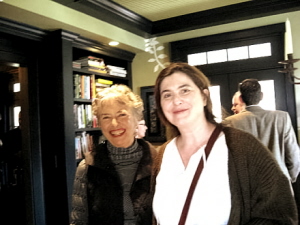

Playwrights Liz Diggs and Ana Traina; architect Louis Hedgecock and writer Peter Biskind
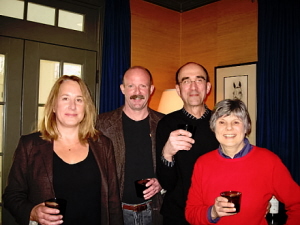
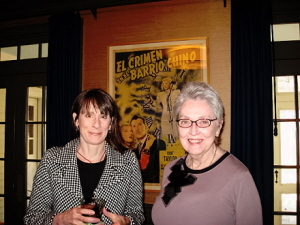
Calliope Nicholas, Director of the FilmColumbia Festival, John Dax, and Frank & Caroline Mouris, longtime film club supporters and winners of the 1973 Academy Award for Best Animated Short; A Way To Garden.com's Margaret Roach and kitchen designer Chloe Smith.

